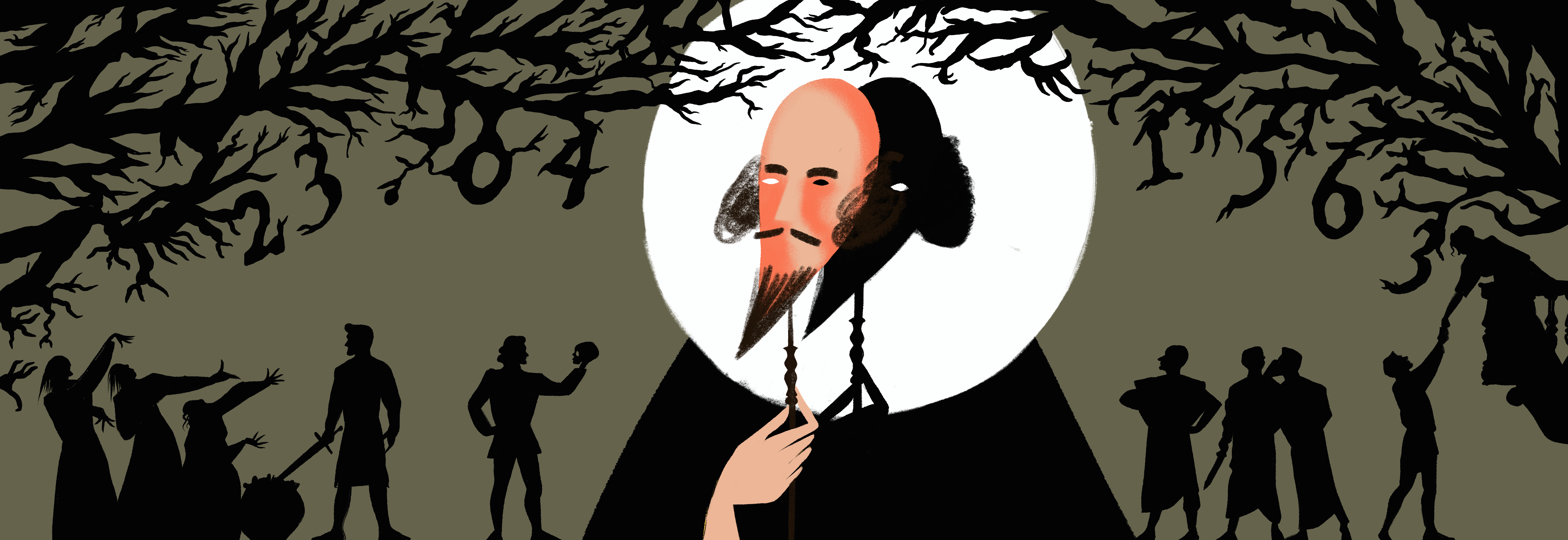
The greatest excursion in human history – until the first trip to the moon – began inconspicuously: at dawn, with no fanfare. The party left the Spanish port of Sanlúcar, the same one that saw Columbus take off on his third travel to the ‘New World’ (and unlucky at that, as it ended in shackles). Time showed it to be a bad omen. But who could have suspected it back then…
Perhaps there were some sceptics among the crew, though: the Spanish sailors. The expedition was led by a man who failed to inspire trust. His name was Ferdinand Magellan and he was Portuguese, which made him a representative of a rival colonialist empire. Beforehand, Magellan had tried convincing the Portuguese monarch to support his ideas, but he lost his position in court instead. In Madrid, he fared considerably better. The young king Charles V and his advisors remembered that Columbus, also a foreigner, ended up contributing to Spanish glory and wealth. And so they decided to trust Magellan too, if not without hesitation. The sailor was given command over five ships and a crew of 270 men. Enough people










